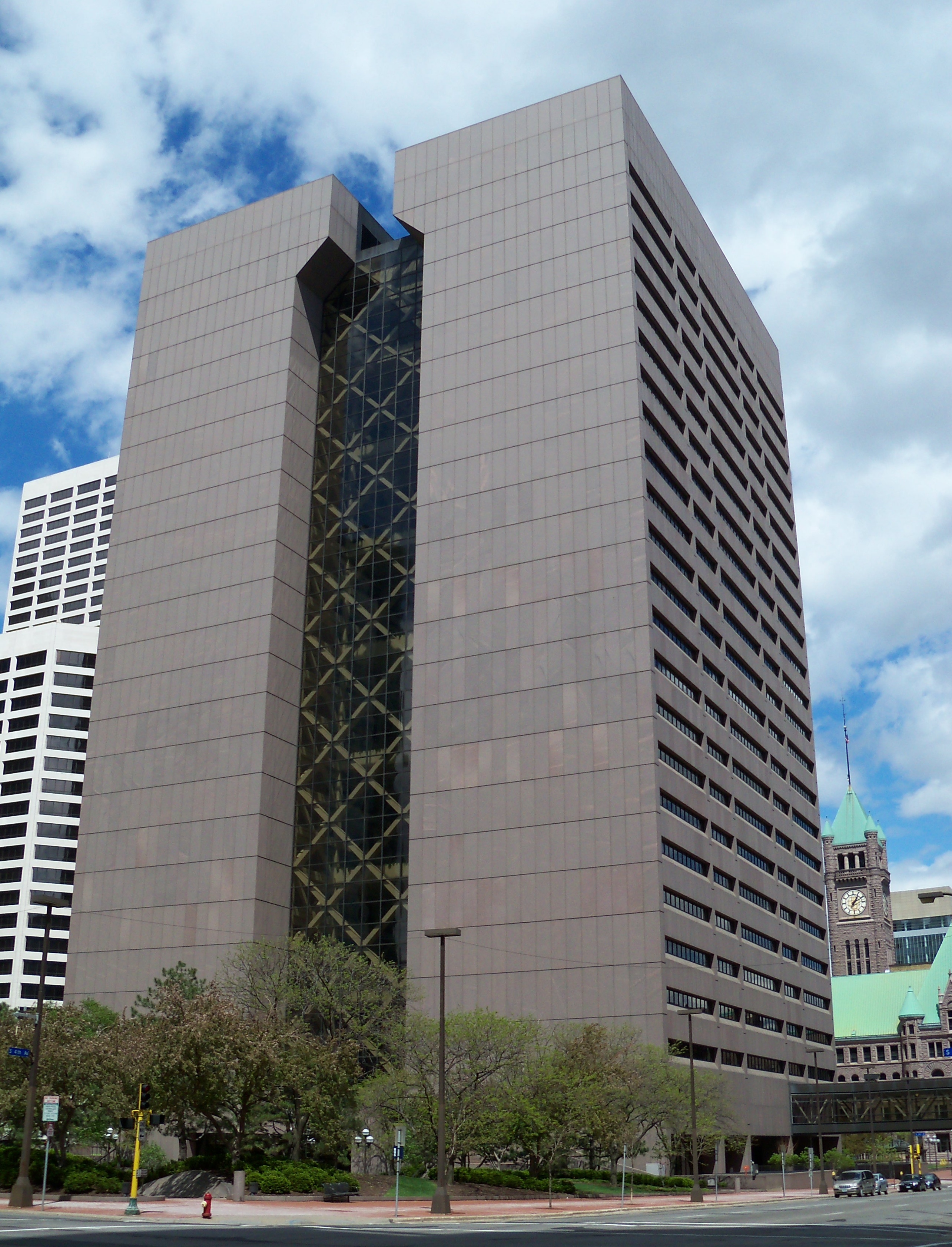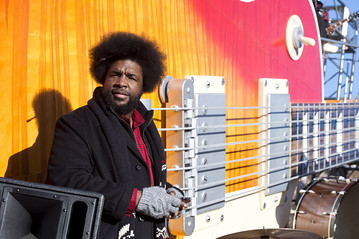MINNEAPOLIS-Walking through the sultry evening air, skin moist with perspiration at even the effort of slowly strolling, over 400 patrons enter the Cedar Cultural Center Wednesday, August 6th. Expecting to see rows of tightly packed chairs, our surprised eyes are greeted with a cleared dance floor and no more than a wreath of chairs for the listening-only crowd. Habib Koité must be one irresistible musician to be able to coax all of these people into grooving despite the humid atmosphere.
Guitars, balafon, calabash, kamala ngoni, and drum set decorate the stage. Mark Johnson, house manager, climbs up on stage to preview the imminent Malian act as well as throw out teasers for upcoming shows. As to the absence of chairs, he says, “You’ll be happier without them.”
We watch Koité ascend the short flight of stairs and stand solo on stage, strumming his acoustic guitar. He’s joined by several others of his band, Bamada, who take up their instruments, yet remain subdued. After a brief, musical introduction, the most senior member of the band picks up a pair of mallets and taps the balafon, looking meditative—in prayer—as he plays. This sets off a domino effect as the rest of the band increases their volume and pace.
After his second number, Koité informs us, “We come from Mali where the North side is desert and the South, a very small part, is green.” In this landlocked country, Koité in his 50th year, has already exceeded the life expectancy according to the World Fact Book, compiled by the CIA.
Possibly it is the nature of his music that draws on the traditions of his country, which helps account for his exuberant life. From his website, we learn “Habib is unique because he brings together different styles, creating a new pan-Malian approach that reflects his open-minded interest in all types of music.”
It is easy to identify a musical style that matches up with the Saharan band, Tinariwen, who’d played the Cedar last fall. Trance-like in its repetition, the first four minutes of their fourth song are distinguishable only by the voice of the talking drum. Then the whole band slides into some Congolese soukous in both rhythm as well as dance movements. Their on-stage dancing inspires audience members to jump up alongside the musicians and try out their African dance steps.
After a second brooding number, the band needs to break from some air. Outside, on the patio, Jane Freeman, from Bloomington, tells me “It’s not right to sit for a concert that’s meant for dancing.” Freeman, attending the show as a loyal fan, was remarking on the functionality of the Cedar as an ideal place to find music that’s both good for the spirit as well as broadening of one’s musical palette.
The show continues with a second set that’s even more enthusiastic than their first set. Koité warmly says, “Tonight, I’m enjoying it a lot,” even as his hand scrapes, for the seventh or eighth time, the perspiration from his face and neck.
Perhaps his diversity lured DEMO (Diverse Emerging Music Organization) into picking him for their opening act of their first annual Pan African Festival. The festival runs through Monday, August 11th with a show at First Avenue featuring hip hop musician K’Naan from Mogadishu.
About Susan Budig
Susan is based in Minneapolis and reports on general assignments for Mshale with a focus on entertainment. In addition to reporting, she is also a writer, poet, teacher and coach.
- Web |
- More Posts(169)







